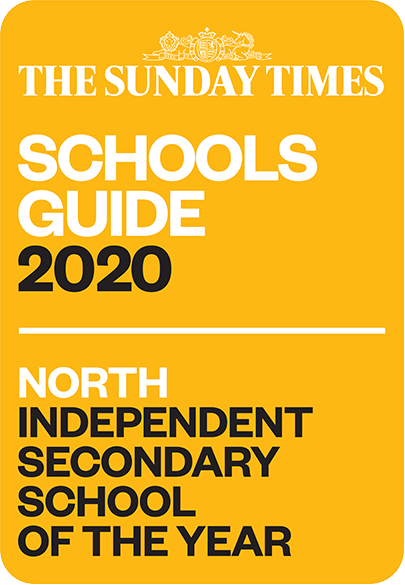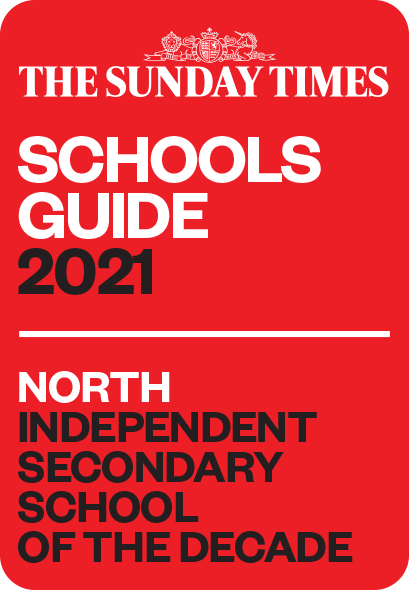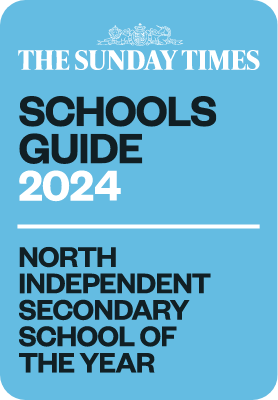
GCSE results day 2018 – more complicated than before!
Monday 20 August 2018
There has been much opinion and speculation in the press in advance of the publication of this year’s GCSE results on Thursday, the culmination of Michael Gove’s reforms to shore up standards in our public examination system. The problem is that navigating all of the reports is something of a minefield. As I see it, there are four pressing issues and only one solution, so let’s take a look.
1. The cult of perfectionism
There is no doubt that our children live in an airbrushed world where it would appear, thanks to Instagram, Snapchat and the like, that every other young person is either perfect, or living a perfect life. We need to teach our children that the only form of comparison that matters is ensuring that they become the best they can be. Comparisons to anyone else are unnecessary and unhelpful…not least as we never know what really lies behind those ‘perfect’ images.
2. The A**
The introduction of the new grade 9 (not even a grade, a number!) risks adding to this cult of perfectionism. Students should not seek to achieve a perfect string of 9s in the way that they collected a string of A*s in the past and should not feel a failure if they don’t. The old A* is a grade 8, and in fact there are suggestions that this will be available to more students than attained the previous A*. We’ll know for sure on Thursday but either way, universities and employers will value 7s, 8s and 9s in the future as evidence of excellence. The fact that the new grade 9 will only be scored by 0.2% of entrants should not alarm. To compare, the International Baccalaureate Diploma has held its highly prized 45/45 perfectly happily since its inception, with only 0.1% of students achieving this. So, as long as the new GCSEs are academically grounded, this should cause no concern for students or their parents.
3. The ‘pass’ mark
With a tougher course, more students have been worried about getting the magic grade 4 that constitutes a pass. However, we have now seen that Ofqual have said they will lower the pass rate if necessary to smooth the transition to the new courses and the new grading. That is encouraging for pupils in 2018, but calls into question the efficacy of the new reforms longer term. If this were to continue, it will simply force A-level schools, for example, to increase the entry grade for courses accordingly to avoid setting up children for failure aged 18. We need to have honesty in the system if it is to be credible.
4. IGCSE vs GCSE
There has been much unfair talk about independent schools ‘working the system’ with an adherence to the International GCSE, with claims that it maintains coursework which advantages independent school pupils. No mention that not all IGCSEs do this. No mention that they were first introduced by independent schools because they were more rigorous than the previous GCSEs. No mention that, with a multi-national cohort in many independent schools, they guarantee GCSE standards without the cultural bias that could negatively impact the results of a non-UK child or a British child brought up overseas in an international British school. It saddens me that this feels very political. When Michael Gove took up his post in the DofE in 2010 he included IGCSEs as they were seen as a tougher, more rigorous qualification. However, eight years later the government’s position has changed and they are no longer prepared to recognise IGCSE, which I fear is driven by a desire to justify the GCSE reforms, and not based on any empirical evidence. In my experience teachers choose courses that best prepare their pupils for successful post-16 study and it is wrong to call the integrity of teachers and schools into question here.
So, what to do? As pupils and parents wait anxiously for this Thursday, schools, universities and employers will also be grappling with the reality of the new courses and grading system for some time to come. Therefore, all we can ask of our children is what we should always be asking of them: simply, that they do their best and then have the ability to be able to move on from the outcomes, good and bad. That’s where the role of the adults in their lives is crucial. Excellent results are excellent, but they are not the be all and end all. However, similarly, disappointing results are not the be all and end all either. Results are only the first thing; what you do with them and making the right choices is the second and, arguably, more important.





